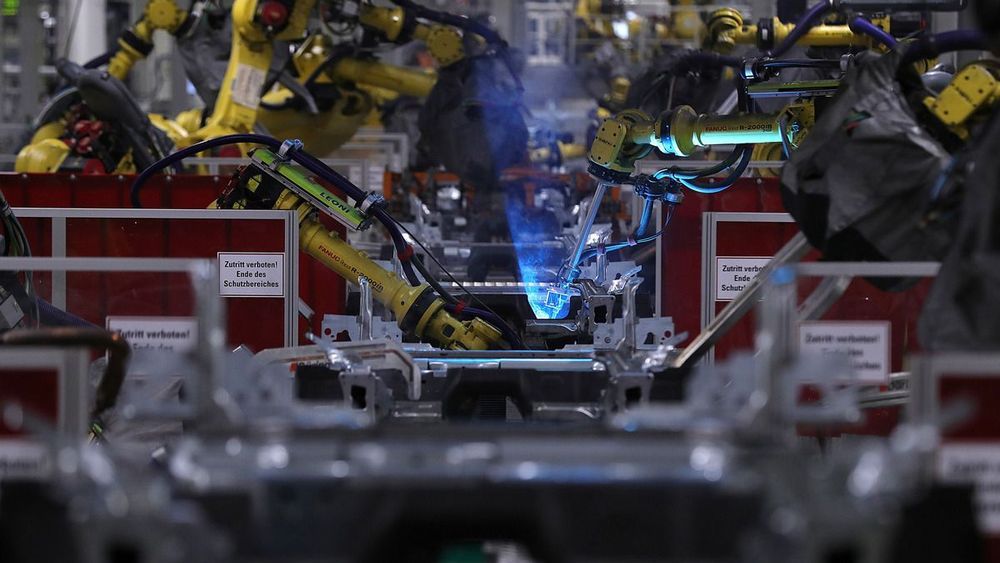A team of researchers at NTT Corporation has developed a way to use light-based computer hardware that allows it to to compete with silicon. In their paper published in the journal Nature Photonics, the group describes their research, the devices they created and how well they worked.
Computer scientists have known for some time that the era of increasing computer speed by modifying silicon-based computer parts is coming to an end. To that end, many have turned to quantum computing as the way to speed up computers—but to date, such efforts have not led to useful machines and there is no guarantee they ever will. Because of that, others in the computer business are looking for other options, such as using light to move data around inside of computers instead of electrons. Currently, light is generally only used to carry data long distances. In this new effort, the researchers report that they have developed computing devices based partially on light that performed as well as electron-based hardware.
The idea of using only light as a data medium in computer hardware is still a long way off—instead, engineers are focusing on using light in areas where it seems feasible and electrons everywhere else. Because of that computer devices must be able to convert between the two mediums, a problem that until now has prevented such devices from being built. Prior efforts have required too much power to be feasible and the conversion process has been too slow. To get around both problems, the researchers developed a new kind of photonic crystal that was able to diffuse light in a way that allowed it to follow a designated path on demand and to also be absorbed when needed to be used for generating current. The crystal was also able to work in reverse.






